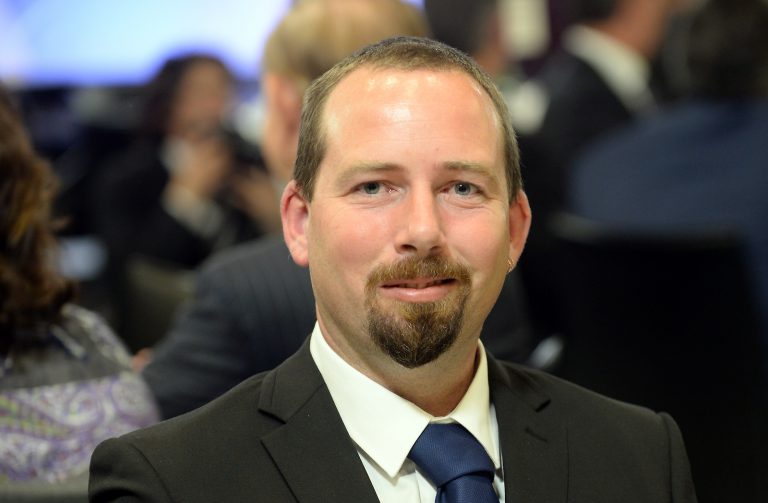
The Australian government’s proposed higher education reforms face further opposition from the Senate after crossbencher Ricky Muir announced yesterday that he was unlikely to give them his support.
Muir is set to oppose key changes that would allow universities to set their own fees and cut public funding, despite their position at the “front and centre” of Prime Minister Tony Abbott’s 2015 legislative agenda.
Muir’s resistance to the deregulation of university fees has come as a surprise to many after he sided with the government in support of its controversial proposals in December. Despite commenting at the time that his vote was “not a vote for deregulation” but a trigger to “continue discussion”, it was widely assumed that he would support the plan’s most recent $8 million advertising campaign following the proposal’s initial defeat.
The absence of Senate support for the suggested fee changes is likely to spark further debate around other potential means of increasing university revenues, such as increasing the amount that students can be charged while keeping a cap on fees.
In an interview with Guardian Australia, Muir commented:
“The government does not necessarily have my support on this. I’m not really attracted to these ideas, because I can’t vote for something that might make education inaccessible or leave students with unmanageable debts.”
He added that while Labour’s claim that the government was paving the way for $100,000 degrees “might have been a scare campaign, some courses could go up to that level.”
Independent senator Nick Xenophon joined Muir in challenging the reforms, saying that he could support temporary fee increases to provide “short-term relief” for universities while a careful review of their funding systems was conducted. Despite acknowledging existing problems with the sustainability of existing university funding systems in Australia, Xenophon suggested that the government should “press the pause button” on its changes.
Tony Abbott told Guardian Australia that he considers the government’s reform package to be “very important for [Australian] universities” and for Australia’s future as a “creative, dynamic society and economy”.
On the basis of current support, the Australian government would need a further four votes to secure a Senate majority for its fee deregulation reforms.
The government requires the support of six of the eight crossbenchers to move forward. While Palmer United Party (PUP) senator Dio Wang has voiced his support of the proposed changes, the remaining two PUP members, Glenn Lazarus and Clive Palmer, have spoken out against them. Senator Wang has confirmed that he will move with the decision of the party room.
In a public statement yesterday, a spokesperson for Australia’s Education Minister Christopher Pyne commented:
“As we continue to negotiate with the crossbench senators, we do not intend to give a running commentary on specific measures.”







